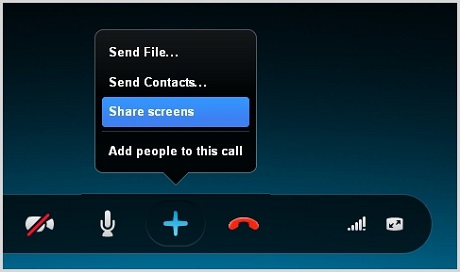User interview: my template
User interviews and observations are a great way (my favorite) to gather insightful feedbacks. More than subjective [...]

User observations are often key within the User Research phase. A privileged moment between the UX consultant and the system’s users, it gives a valuable insight on how users really use the system in a real-life context. On top of being an excellent base for building personas, scenarios and use cases, it is also a chance for the company to show that they care about users, and to build a relationship based on trust, which should later facilitate change acceptation.
Though, User observation sometimes presents a few challenges. I recently worked for a very interesting web application, for which User observation proved just as challenging as it was essential. Users were located in Nigeria and in the USA, they used the application for very different purposes and were familiar with a very specific vocabulary. Familiar neither with the geographic nor the domain, and with a thousand questions about the users, we had to conduct observations, taking into account the fact that (for various reasons) we could not meet users, neither in Nigeria nor in the USA, and would have to do that at a distance.
You probably know Skype, a well-known web-based Internet call and messaging service. The free version allows to contact anyone with an account. The communication is free and unlimited. For this project, it gave us a good logistics help, allowing to view when the next interviewees were connected, and send them text messages to schedule appointments or answer questions. When the bandwidth got bad (sometimes happen in Nigeria), we could communicate via instant messages instead of trying to call back blindly.
The free version also allows users to share screens, which is how we conducted User observation at a distance (you can see here how to proceed for screen sharing with Skype). We would first have a declarative phase, when we would chat with each user and ask guided questions. Then, when the Internet connexion was good enough (10 cases out of 11), we would suggest a screen sharing.
It was quite simple to do, and Users actually were able to use the system as they would usually, almost forgetting that we were watching on the other side of the screen. I must say I had been a little worried about being able to react on time, and about Users getting involved in the process, but they really did well, and the output was of good quality.
At the end of the 11 interviews, the output gathered was very valuable, and we were able to build personas, scenarios and use cases with the data we had conveyed. Scheduling and conducting the interviews took a reasonable time, compared to travelling to Nigeria and the USA (which of course would have been ideal, but budget and deadlines would not have allowed it anyhow.) Not meeting Users face-to-face though requires a little more preparation work. Based on this experience, I strongly suggest to:
